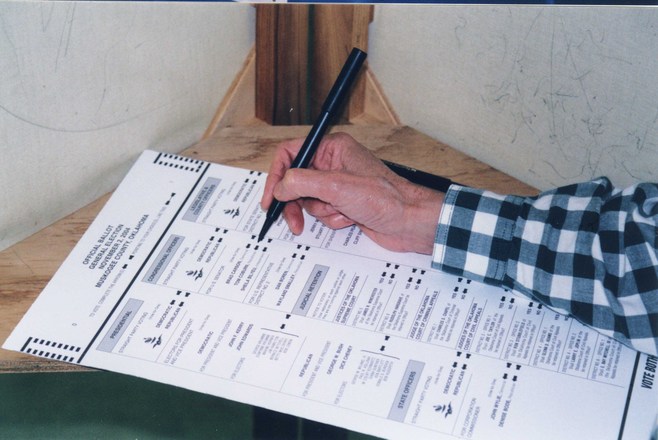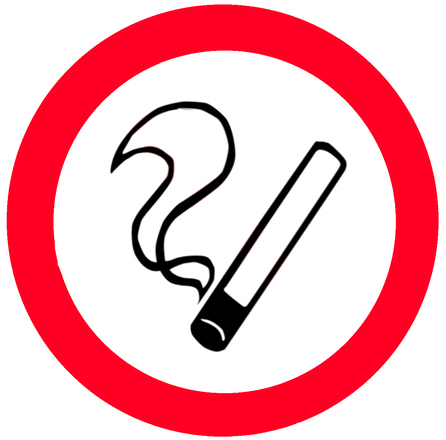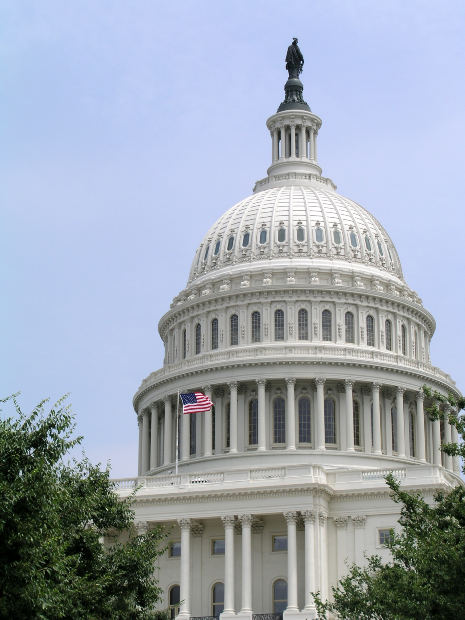Congress Diminishes DOJ Asset Forfeiture Program
The Asset Forfeiture Program operated by the Department of Justice has long been controversial. Civil asset forfeiture regulations allow officials to seize property and money if it is believed the money comes from illegal activities, including activities related to the cultivation or sale of cannabis products. Civil forfeiture cases allow for the seizure of assets if a case can be made based on a preponderance of the evidence, which is the lowest burden of proof in the justice system (and much lower than the beyond a reasonable doubt standard used in criminal cases). 
Not only do regulations make it easy for officials to seize property, but the DOJ’s Asset Forfeiture Program actually incentivized local law enforcement to make seizures by allowing local law enforcement organizations to keep up to 80 percent of the value of assets obtained in joint federal-local operations. This program led to more asset forfeitures, and allowed local law enforcement to circumvent efforts in their own states to put a stop to abuses of the civil forfeiture system. Now, however, Washington Post reports DOJ is suspending the equitable sharing program and local law enforcement will no longer receive a share of federal funds which are confiscated through the civil forfeiture process.
Continue reading
 Cannabis Law Group's Medical Marijuana Legal Blog
Cannabis Law Group's Medical Marijuana Legal Blog








 However, regardless of how legalized medical marijuana got on the ballet or was voted through the state assemblies and state houses across the nation, once legalized, it was up to the respective state legislatures to actually regulate medical marijuana.
However, regardless of how legalized medical marijuana got on the ballet or was voted through the state assemblies and state houses across the nation, once legalized, it was up to the respective state legislatures to actually regulate medical marijuana. First, let’s take a closer look at the bill that did pass, pursuant to a house vote. The Rohrabacher-Farr Medical Marijuana Amendment is the same legislation already in place based upon last year’s vote, which prevents the United States Department of Justice (DOJ) from interfering with states’ medical marijuana programs. This law passed last year with a vote of 219 to 189. In order for it to remain in place, House members were required to vote on the amendment again this year, and there was increased support, as it passed 242 to 186.
First, let’s take a closer look at the bill that did pass, pursuant to a house vote. The Rohrabacher-Farr Medical Marijuana Amendment is the same legislation already in place based upon last year’s vote, which prevents the United States Department of Justice (DOJ) from interfering with states’ medical marijuana programs. This law passed last year with a vote of 219 to 189. In order for it to remain in place, House members were required to vote on the amendment again this year, and there was increased support, as it passed 242 to 186. According to a recent news article from
According to a recent news article from  The United States Controlled Substances Act (USCSA) contains prescription medications manufactured legally as well as street drugs made in underground labs and sold on the black market. A Schedule I controlled substance would be considered the most addictive or dangerous to society, and may have no approved medicinal uses.
The United States Controlled Substances Act (USCSA) contains prescription medications manufactured legally as well as street drugs made in underground labs and sold on the black market. A Schedule I controlled substance would be considered the most addictive or dangerous to society, and may have no approved medicinal uses. 
